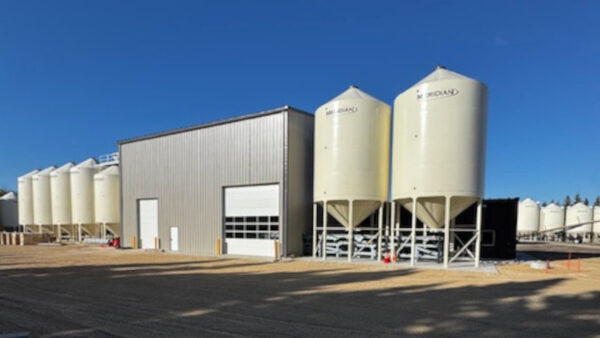After over 100 years in existence, the Canadian Seed Growers’ Association (CSGA) decided in 2021 that it was time to go to the next level.
After CSGA members voted no to merging with the industry’s other associations to form Seeds Canada, CSGA announced it’s bold vision for the future, dubbed CSGA 2.0, and in April 2021 unveiled a full CSGA 2.0 Business Plan.
The plan focuses on what are being called “three big ideas” that CSGA says will help move it into the future as part of a rapidly evolving Canadian seed landscape.
IDEA 1: CSGA Authority for the Seed Certification System
A major priority for CSGA will be delivering a comprehensive seed varietal certification program that reliably assures genetic identity, in partnership with the CFIA, for the benefit of Canadian agriculture.
IDEA 2: Digitalization
According to the business plan, this will help “transform the business of pedigreed seed production, marketing, and sales through transparent, digitally enabled, enhanced traceability services that reduce administrative burden, provide additional data & add value.”
IDEA 3: Governance and Partnerships
This involves what the business plans says is an “inclusive and service-oriented approach, ensuring that stakeholders are engaged in a next generation seed certification system that is professional, resilient, and meets the diverse needs of Canada’s agri-food economy.”
CSGA will begin 2022 with a new fee schedule recently approved by members at its special general meeting held virtually on Nov. 24, 2021.
The meeting was held to allow members to vote on a new fee recommendation to maintain the organization’s sustainable budgets and operational efficiency, Executive Director Doug Miller said.
CSGA’s current transitionary fees were to expire on Jan. 31, 2022 and could not be extended. Without a new fee schedule approved by members, CSGA would have reverted to the 2019 Fee Schedule, originally approved in 2016.
Administering one of the largest — if not the largest — seed crop certification systems globally, CSGA collects fees to deliver on its regulatory mandate to provide a national program for seed crop certification.
“With only 12 full-time employees, we certify over 16,000 seed crops every year, of over 2,200 different varieties,” Miller said.
Miller also noted that strategic investments are required to ensure positive outcomes in Seed Regulatory Modernization and implement the CSGA 2.0 Business Plan vision. CSGA will also rebuild its reserves, as some were used to finance parts of the Seed Synergy collaboration project.
In September, CSGA opened a six-week consultation and invited members and stakeholders to comment on a new fee proposal and an inflationary fee adjustment policy. After the board of directors reviewed the feedback, CSGA adjusted the Group 1 and Group 2 acreage assessment fees and dropped the inflation piece, Miller said.
—This story is the ninth instalment in our Top 10 Stories of 2021. For more on this topic see the links below:













